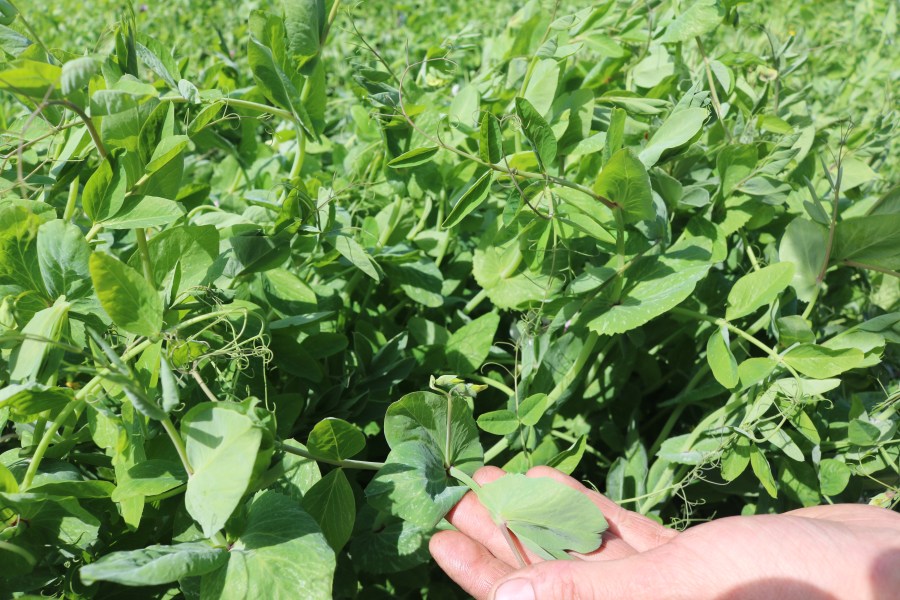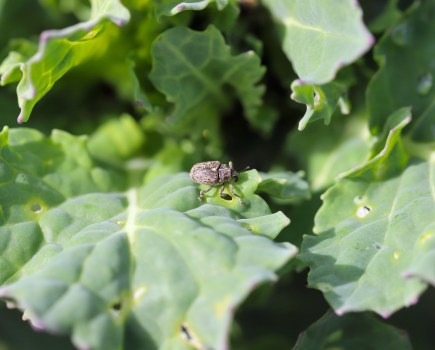A new collaborative project has been launched to help farmers reduce agricultural emissions by increasing the use of pulse cropping.
‘Nitrogen Efficient Plants for Climate Smart Arable Cropping Systems’ (NCS) is a four-year £5.9M research project involving 200 UK farms and 17 industry partners.
Funded by Defra’s Farming Innovation Programme (FIP), it aims to bring about a reduction of 1.5Mt CO₂e per annum, or 54% of the maximum potential for UK agriculture.
Project aims
The project strives to increase pulse cropping in UK arable rotations to 20% (currently 5%), and also to develop and test new feed rations. This will support livestock farmers with the project’s second objective – to substitute up to 50% of imported soya meal used in feed with more climate-friendly home-grown pulses and legumes.
PGRO chief executive Roger Vickers is leading the NCS consortium and believes everyone knows pulses and legumes have considerable benefits for UK farming systems. “But these have never been truly and accurately measured,” he says.
“So their value has been sorely underplayed and their potential to address the climate crisis has gone unrecognised. Together we can change that. We now have the science, the tools and the know-how among UK farmers, not only to tap into that potential, but to develop it further,” says Roger.
Pulse Pioneers
The first stage of the project will give 200 UK farmers direct support to establish their business’ carbon baseline, using the Farm Carbon Toolkit. The GHG emissions from these farms will then be tracked throughout the project and will form a fundamental part of the dataset.
The leading innovators among them will then be paid to work with scientists to co-design crop and feeding trials to carry out on their farms, and will be known as ‘Pulse Pioneers’.
Knowledge transfer
Keen to expand the knowledge exchange beyond this core group of farmers, the project is also launching the PulsePEP (Performance Enhancing Platform), led by ADAS. This will be a hub for the farmer-led community, striving to achieve the best from pulse crops and reduce carbon emissions, as well as offer a place for discussion on best-practice pulse cropping.
“This’ll be the defining project of our time,” believes Roger. “It’s not just the chance for UK agriculture to make a seismic shift towards Net Zero, but it’ll also deliver a prosperous and resilient way of farming for communities worldwide,” he says.
Project launch
The project will be officially launched on the PGRO stand at this year’s Cereals Event (13-14 June), with a follow up webinar to explain more for farmers who wish to take part on 15 June. To register interest in PulsePEP click here.
For more information about the project visit ncsproject.co.uk




